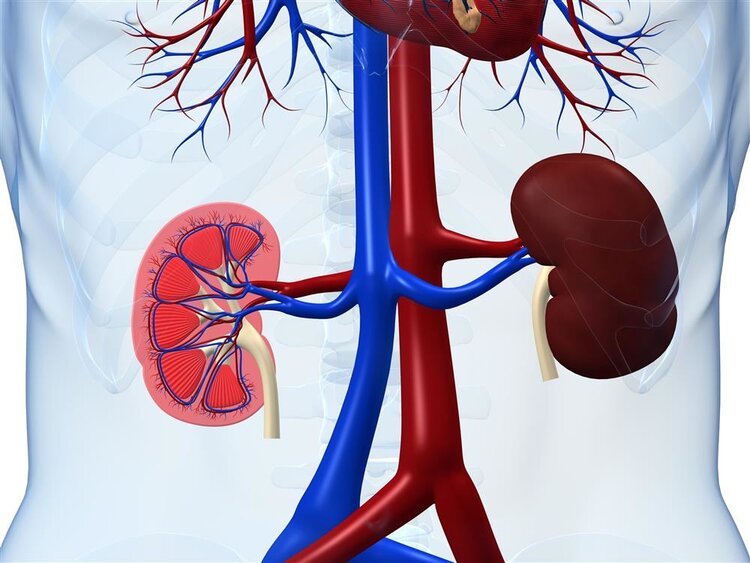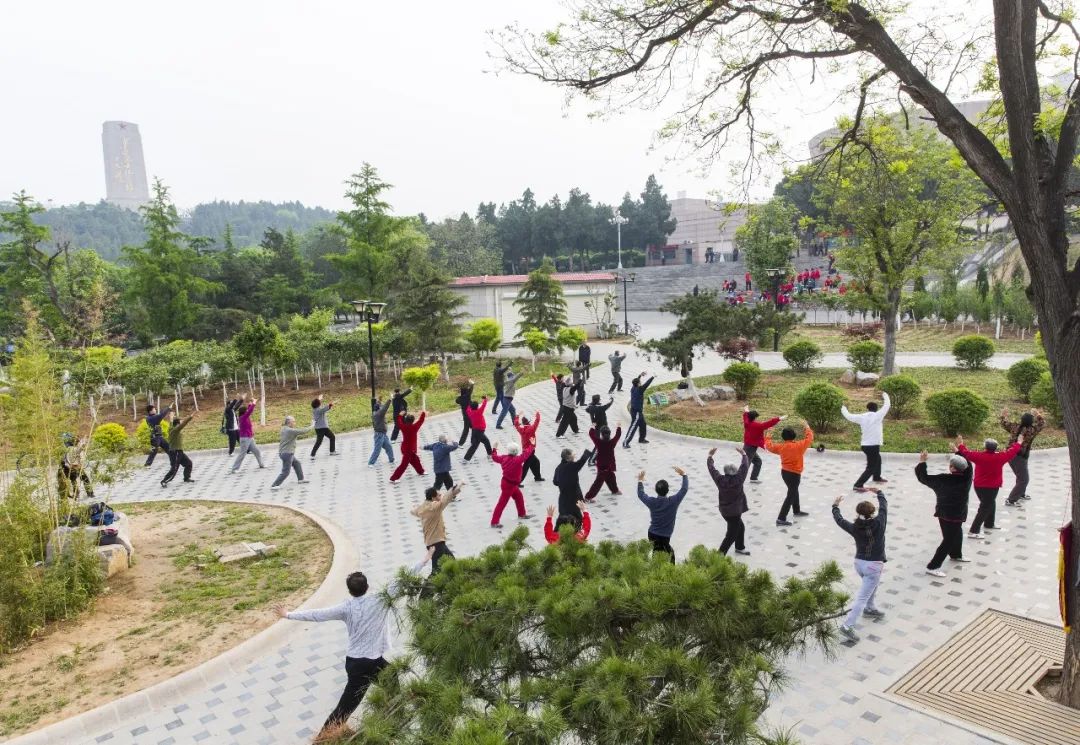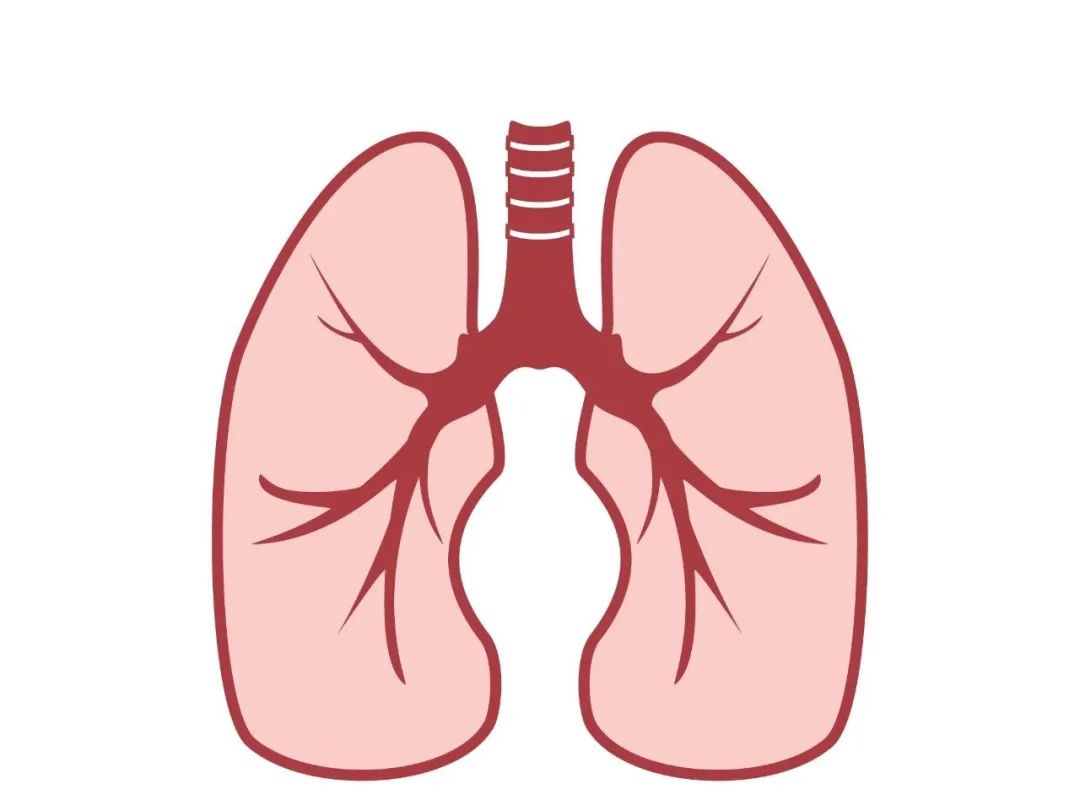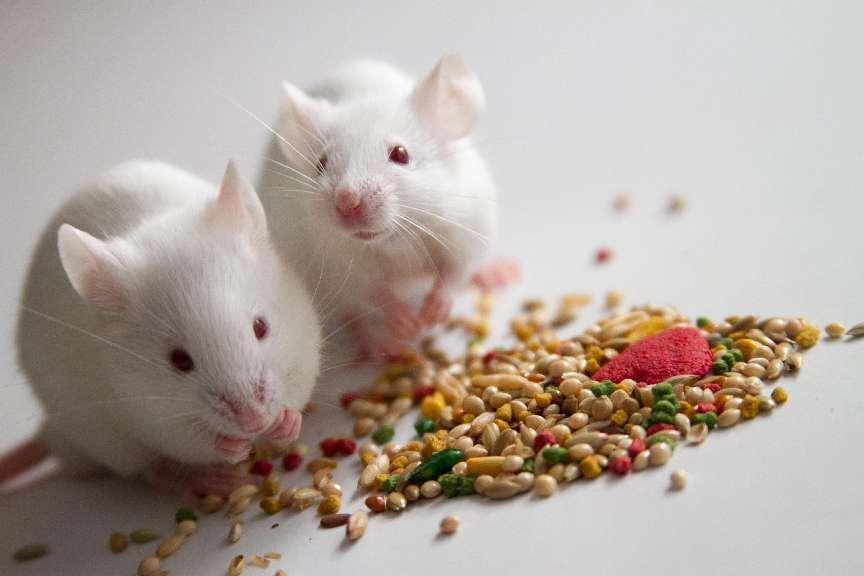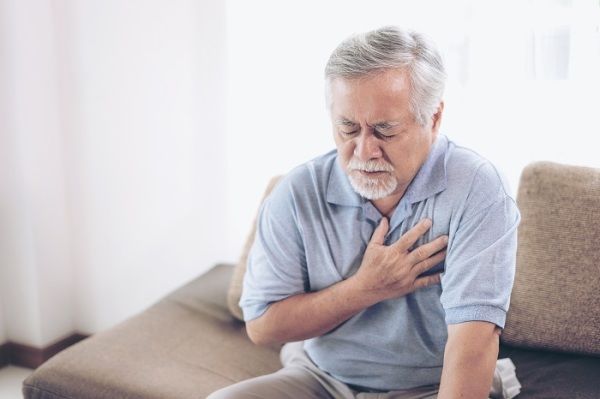
2. Feeling of Compression or Pain: During a heart attack, oxygen-starved and necrotic heart muscle tissue causes a feeling of compression or pain in the chest, often radiating to the left arm, left side of the neck, or jaw. This pain typically lasts for several minutes or even hours, distinguishing it from general chest pain. Therefore, it should be taken seriously.
3. Cold Sweats: During a heart attack, increased sympathetic nervous system activity disrupts temperature regulation, leading to frequent cold sweats. Especially when accompanied by symptoms such as chest pain, nausea, and vomiting, cold sweats should be considered a dangerous signal requiring prompt medical attention.





